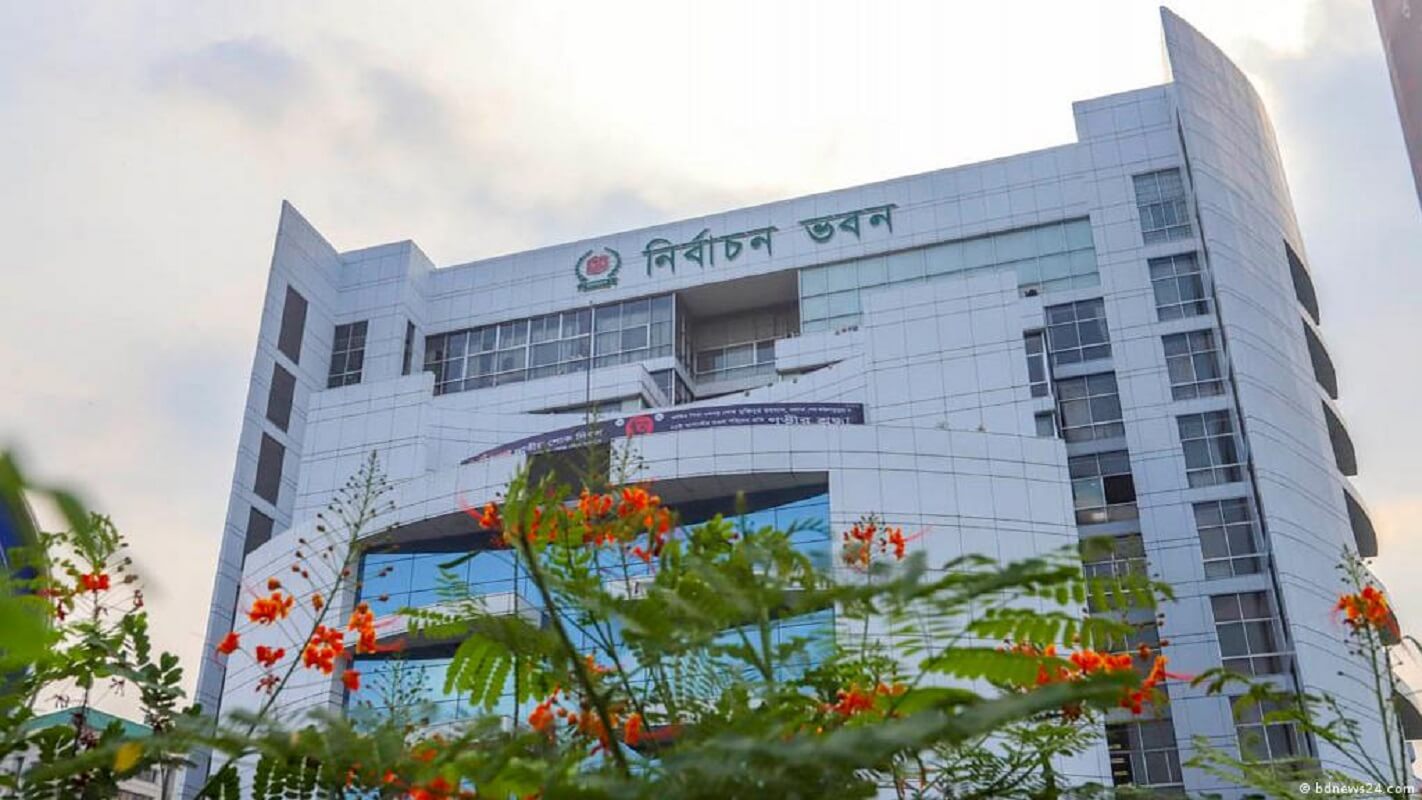Why is the EVM so important to the New Election Commission?
Mahtab Uddin Chowdhury | 24 September 2022
In the absence of the Chief Election Commissioner, the newly appointed Election Commission held a program to unveil the roadmap where they found 14 challenges ahead of the coming parliamentary election. Not surprisingly, they pointed out that building trust in the EC among the political parties was the number one priority, followed by raising concern about the neutrality of the government administrators, including the police department, during the election. The twist continued as they emphasized the lack of confidence most parties have in the Electronic Voting Machine (EVM) as the next challenge. The author cited this particular point as a twist because, in the same meeting, they decided to use EVM in a maximum of 150 parliamentary seats, which is precisely half of the total seats. Suddenly, five days after the incident, on September 19, the EC decided to spend TK 8,711 crore to buy 2 lakh brand-new EVMs.
It is crucial to look back at all the drama that has occurred since this newly constituted EC took office before shedding much light on the EVM issue. A five-member Election Commission with Kazi Habibul Awal as its chairperson was sworn in on February 27 for a five-year tenure. Since then, they have represented themselves positively, and the public has begun to feel hopeful about the upcoming legislative elections. They organized continuous meetings with representatives from various political parties, civil society organizations, and relevant stakeholders to discuss the course of action for the upcoming general election. According to the commission, 17 political parties supported EVM, while 12 opposed it. But, among these 17 parties, nine added conditions for the use of EVMs in the upcoming elections, while one party gave no opinion on EVMs, leaving only four parties, including the ruling Awami League, in favour of EVMs. On that note, it should be noted that the BNP, one of the leading political parties and naturally the strongest opponent of the ruling party, rejected the ECs' invitation to join a dialogue with them. They are now strongly opposed to using EVMs because they believe the idea reflects the desires of the government and helps them stay in power.
To critically analyze the EC's decision, let's see the most recent statements given by the Chief Election Commission after the decision was taken. He said, "We ourselves decided to use EVM. The EC will handle the election, not the political parties." He also added, "The demands of the political parties have not been taken into consideration. But their remarks were taken into consideration." One thing that remains unclear is how the CEC differentiates between the demands and the remarks and how one can take into consideration the remarks of others while rejecting their fundamental demands. If that were the case, why would they bother approaching political parties in the first place? Therefore, whether the decision was premeditated or not, one thing is certain: it would not help the EC to regain the confidence of the political parties, which they had already identified as one of their main challenges.
Furthermore, on July 25, 2022, Prime Minister Sheikh Hasina ordered measures to cut down on spending amid the shortage of dollars. Following her statement, the LGRD Minister also directed to avoid unnecessary projects to save the government money. Given such circumstances, how far is it justified to spend a considerable amount of money importing EVM machines that would require the expenditure of dollars? Ironically, no one from the government seemed to regard this spending idea as an "unnecessary project" when you have an alternative option to run the election. Additionally, when the election commission seemed interested in increasing the installation of digitization in the election process, they would have expected to think about the idea of "digital fraud" also. As past reports suggest there is room for digital manipulation in the election through this device, in a statement given by the 39 eminent citizens of the country, they urged the commission not to use the device. They said, "It does not have a Voter Verified Paper Audit Trail (VVPAT), which means that the results declared by the commission are final and cannot be recounted or audited." How would the commission reassure everyone that they wouldn't be involved in this fraud process if they themselves are unsure of the confidence that the political parties place in them?
Without a doubt, Bangladesh has made remarkable progress in the digitization process in many service sectors. But when it comes to the general election, it defines everything. Every five years, a general election takes place. People come and vote for their preferred candidate, making them their game changer for the next five years. The election commission is given this significant responsibility to establish an equal playing field for every political party interested in participating in the election. It goes without saying that no election commission should ever be expected to take into account all the requests from each political party. Also, if the EC can take advantage of digital technology in operating the voting process, then why not? But the more important question to ask now is that when there are other challenges to address, why is EVM becoming so important for the Election Commission in the first place?
Mahtab Uddin Chowdhury, Research Assistant, Centre for Governance Studies.
Views in this article are author’s own and do not necessarily reflect CGS policy.
